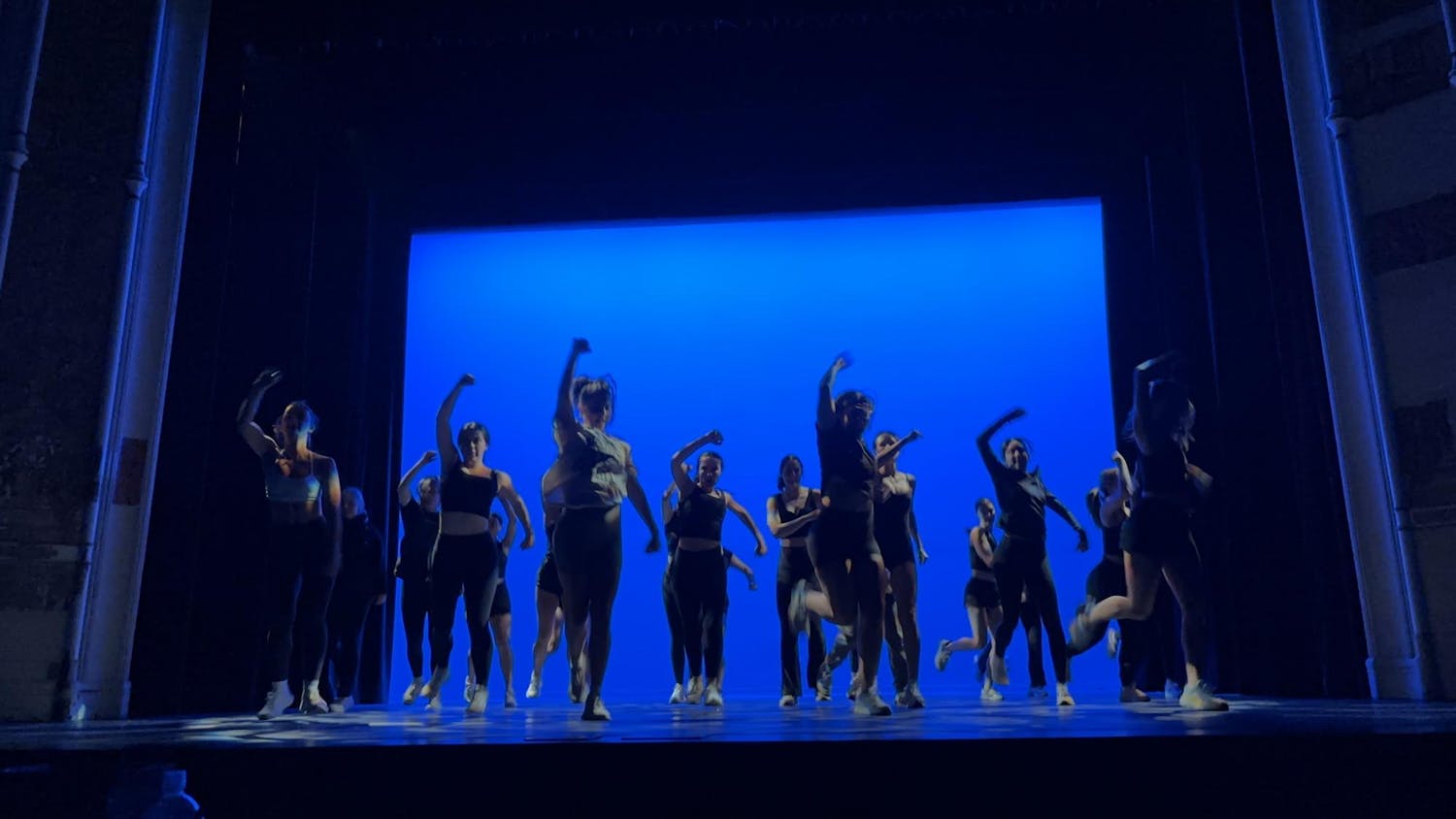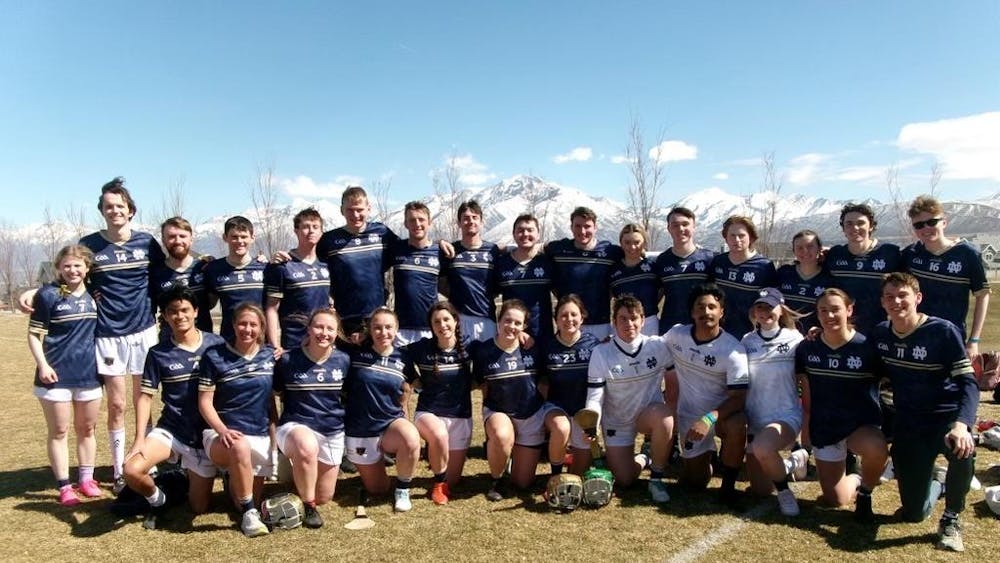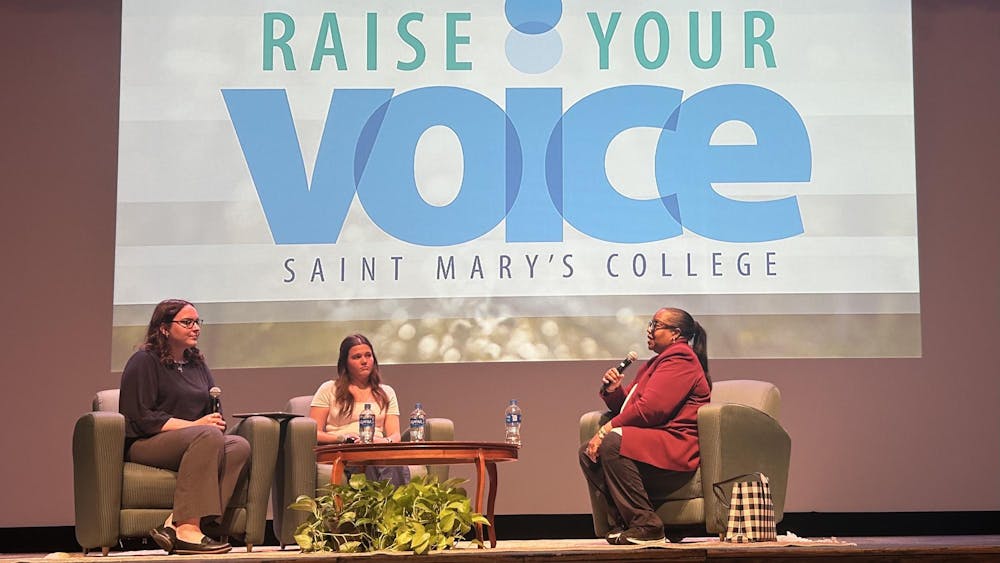On Tuesday, Saint Mary's hosted “DACA, Then and Now,” a teach-in event on the Deferred Action for Childhood Arrivals (DACA) program’s past, present and future. The purpose of the event was to inform community members about the DACA program, how it started, what it involves and what can be expected in the future.
The event involved a panel of three speakers that touched on different facets of DACA as well as immigration policy and practice. Holy Cross Sister Sharlet Ann Wagner was the first speaker on the panel and spoke from her experience as an immigration attorney.
Wagner said she believes the most common problem is the fact that many people simply do not understand the role of illegal immigrants.
“Many people believe that illegal immigrants don't pay taxes,” she said. “Immigrants pay sales taxes, gas taxes, rental taxes. Taxes are withheld from undocumented immigrants paychecks just like they are withheld from mine and yours. The difference is many of them don't get back what they overpaid.”
Wagner said undocumented immigrants, including DACA recipients, do not receive the same public benefits that ordinary citizens do.
“According to the institute on taxation and economic policy, DACA recipients pay $2,000,000 annually in state and global taxes which does not include the federal taxes,” she said. “Undocumented immigrants, including DACA recipients, are not eligible for public benefits.”
This issue should affect all people of faith as God calls for all to help those in need, Wagner said.
“This is very much a religious and moral issue,” she said. “You cannot read scripture and not recognize God's command that we should care for the foreigners, that we should care for widows, orphans and strangers.”
Sometimes, Wagner said, this obligation will conflict with the country’s law.
“While we respect our country’s laws, we also respect a higher law. And in this case, it is clear that our country's law is in conflict with that higher law and we are compelled to speak out about it,” she said.
Second on the panel was Saint Mary's junior Maryselva Albarran Hernandez who shared her story on coming to the United States as a child.
“I came to the U.S. in 2006, at the age of nine,” she said. “My father did not have a way to enter the country legally and was forced to cross the border in 1975.”
Although things were tough for her father, he eventually received amnesty which enabled her as well as the rest of her family to receive the U.S. permanent residency, Albarran Hernandez said .
“It was a very long process and very costly,” she said. “It took my family roughly 20 years to complete the process and enter the United States.”
Albarran Hernandez said she encouraged DACA students to educate their peers about the policy.
“For DACA recipients, I strongly recommend for you to educate your peers, educate the people who do not know about DACA and explain to them what you are going through,” Albarran Hernandez said. “I think if people understand the process, they will be more tolerant and open minded.”
Hernandez said the toughest thing for her was to be identified as an alien in the country in which she spent most of her life.
“My biggest motivation was to remove the title, ‘alien,’” she said. “I did not want to be known as just an alien number.”
The third speaker, professor of political science at Saint Mary’s Pat Pierce, said the best way to create awareness of this issue is pressure from civil society.
“Citizen activism is extremely powerful and can truly impact legislative actions,” he said. “It may well take that kind of activism on this issue to achieve the necessary outcome we desire.”













